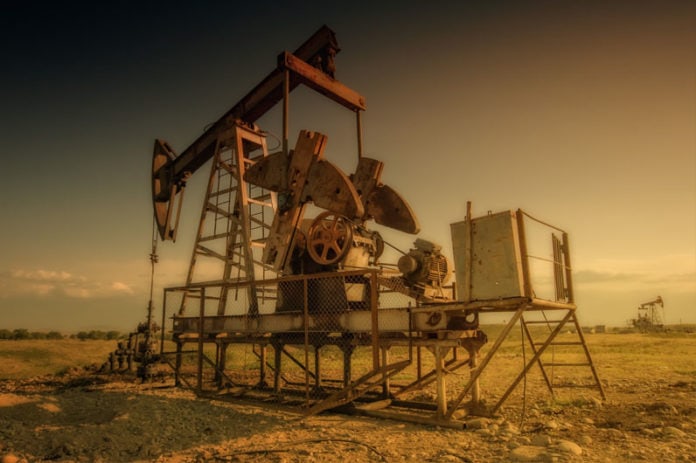There are four main types of petroleum engineers: drilling, completion, production, and reservoir.
After graduation from university, many new grads that get a job with an operator are placed into a new grad rotational program where they get exposed to different aspects of petroleum engineering.
This helps them to decide on what type of engineer they want to become.
Most people that work as petroleum engineers have a bachelor’s degree in petroleum, mechanical, or chemical engineering.
What Do Drilling Engineers Do?
Drilling engineers are responsible for designing and drilling the well.
The location for the well is usually chosen based on the reservoir model provided by reservoir engineers.
Main Responsibilities of Drilling Engineers
Designing well-drilling programs – determining the best way to drill the well. This includes casing & wellhead design and cementing.
Job monitoring – drilling engineers often perform field visits during the operation and also monitor the drilling progress from the office to ensure that the well is drilled as planned and to avoid any issues like for example blowouts.
During the operation, they work with onsite drilling supervisors and superintendents to ensure that everyone stays in the loop regarding all the operational decisions.
Overseeing the drilling process – they closely monitor the drilling process and make adjustments as needed. Drilling engineers often rely on geologists and reservoir engineers to ensure that the well is being drilled in the right formation. This may involve logging and coring to get a better understanding of the formation.
Related: Working on a Drilling Rig
What Do Completion Engineers Do?
Completion engineers take over the well from drilling engineers after the drilling rig is moved off location and are responsible for preparing the well for production.
Main Responsibilities of Completion Engineers
Designing well-completion operations – this involves creating a completion proposal that covers the proposed operations, procedures, cost estimates, and safety guidelines.
Coordinating well completion operations – they often are in charge of well completion operations and work with many third-party service providers to ensure that all the services operate in a harmony.
Well stimulation – the most popular methods are hydraulic fracturing and acidizing. Completion engineers are often involved in satelliting the frac job.
Post frac milling – removing any obstructions such as bridge plugs from the well. Often coiled tubing is used for post frac mill outs.
Installing production tubing – to ensure that the well is ready for production a smaller size production tubing is installed usually with a snubbing rig. However, sometimes coiled tubing string can be used instead.
Related: What Does Completion Engineer Do?
What Do Production Engineers Do?
Production engineers are responsible for optimizing hydrocarbon production from the wells.
They often work with completion engineers to determine the best stimulation methods.
Main Responsibilities of Production Engineers
Selecting artificial lift equipment – electrical submersible pumps (ESP), sucker rods, progressive cavity pumps (PCP), surface pumps, etc.
Preparing production forecasts – this data is often used for budgeting purposes.
Monitoring well production – ensuring that the well is producing as planned. They rely on data both from the surface and downhole sensors. If there is a drop in production, they design a workover plan to get the production back where it is supposed to be.
Preparing lease surface facilities – depending on the well fluids some type of separator might be used on the lease before hydrocarbons go into the pipeline.
Dealing with fluid disposals – depending on the well quite some water is always produced with hydrocarbons and needs to be either reused or properly disposed of.
Related: What Do Production Engineers Do in the Oil and Gas Industry?
What Do Reservoir Engineers Do?
Reservoir engineers are responsible for finding the most effective ways to develop the entire reservoir.
They often use computer software to model different well development scenarios and perform hydrocarbon reserves estimation.
Reservoir engineers work closely with geoscientists when designing the reservoir models.
Later as the field gets more developed they update their model with new information to keep it up to date.
Main Responsibilities of Reservoir Engineers
Reserves estimation – determining how much oil is left in the reservoir and how much can be recovered. This data is often used for financial forecasting.
Designing enhanced oil recovery (EOR) plans – might include water flooding, thermal flooding, chemical flooding, and even fire flooding to get better production from the field.
Field optimization – reservoir engineers are looking at the big picture while production engineers might be focused on just one pad. Based on the reservoir model they determine the optimal well placement.
Read next: Cover Letter Examples for Drilling, Production, Reservoir, and Completion Engineers.
